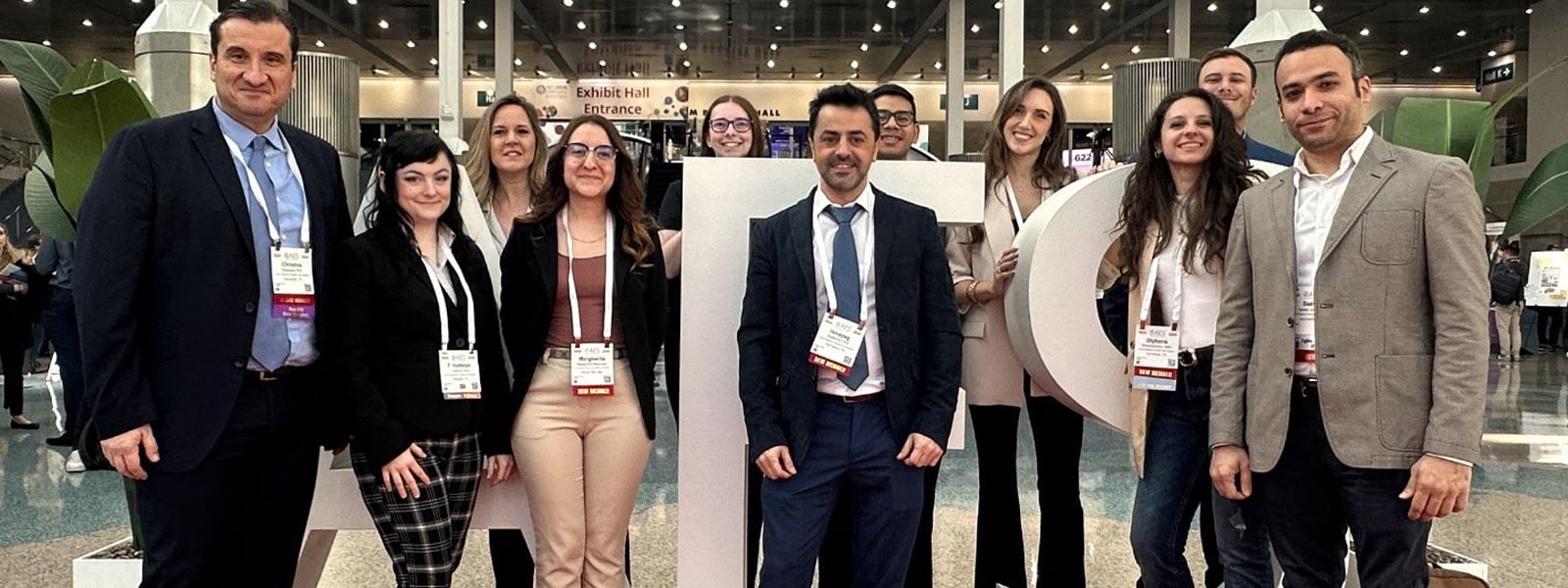
Neurosciences Research team celebrates achievements at American Epilepsy Society Annual Meeting
Once again, the Neurosciences Research team celebrates several invited talks, awards and poster presentations during the annual meeting of the American Epilepsy Society, which took place in Los Angeles at the beginning of December 2024.
The society selected two members of the team to present their innovative work as part of the Pediatrics Highlights session of the conference, which recognizes the most innovative research in pediatric epilepsy at the national level. Hmayag Partamian, Ph.D., a post-doctoral research fellow at the University of Texas at Arlington under the supervision of Christos Papadelis, Ph.D., presented his most recent findings on the development of a novel artificial intelligence-based tool that helps physicians delineate the epileptogenic zone in the brain of children with drug-resistant epilepsy.
Margherita Matarrese, Ph.D., a post-doctoral research fellow under the supervision of Dr. Papadelis at the University of Campus-Biomedico in Rome, Italy, presented her work on the noninvasive mapping of high-frequency oscillations propagation in typically developing children and children with epilepsy. Both researchers were selected among more than a thousand applicants for this honor. Notably, two other presenters in this session (out of ten in total) were ex-mentees from Dr. Papadelis.
F. Kathryn King, a Ph.D. student at the University of Texas at Arlington under the mentorship of Crystal Cooper, Ph.D., received the Young Investigator Award, one of the most prestigious awards in pediatric epilepsy at the meeting, for her work on ‘Task-based effective connectivity differs between focal and generalized epilepsy in adolescents during emotional conflict: a MEG study.’
Hmayag Partamian, Ph.D., also received the 2024 Jack M. Pellock Travel Award in Pediatric Excellence. These awards recognize and honor less than 10 (out of more than 1,500 applicants) outstanding young investigators conducting research in basic or clinical neuroscience related to epilepsy.
The team also presented 12 posters in different sessions of the conference.